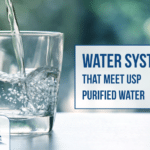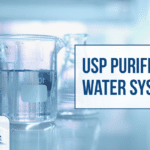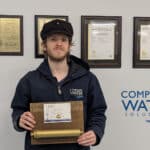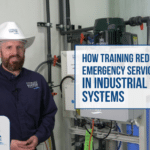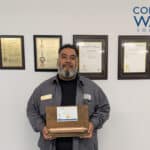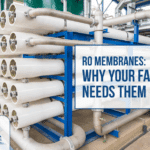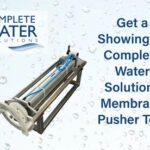Before You Purchase an Industrial RO System: Pre-Treatment
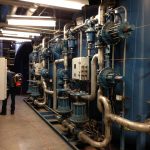
Chlorine
Chlorine, also known as sodium hypochlorite and commonly known as bleach can be used in many different applications. Since the early 1900s, chlorine has been commonly used to disinfect municipal water supplies. Concerns over disease-causing microbes (pathogens), such as typhoid, dysentery, and cholera prompted the use of water treatment equipment and chemicals to help with disinfection. However, this can cause problems for your industrial RO system. Most RO Membranes in today’s market are Polyamide (PA) / Thin Film Composite (TFC) and do not have a high tolerance to chlorine. While most membrane manufacturers limit the amount of Free Chlorine that membranes can tolerate chlorine before degradation begins, there are some membranes in the marketplace that can tolerate chlorine. For the majority of RO applications, Chlorine removal will need to take place.
There are a few options for free chlorine removal. One common way to remove chlorine from the feed water source is using carbon filtration prior to the reverse osmosis system. Sodium Metabisulfite is a chemical that is used in the process to remove total and free chlorine from the water source. You can read more about these processes in our full ebook.
UV System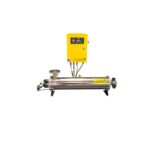
A UV system is not a common way to break down chlorine but we at Complete Water Solutions have used it as such. Using UV over carbon or chemical offers benefits, like no backwashing Waste Water, and also offers disinfection. UV systems have to be sized properly 10-30 times the normal disinfection rate. There are some additional factors to take into consideration, such as inlet water quality, and you may need additional treatment before the UV System or you may experience higher operating costs. We can help you with that.
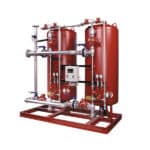 Hardness: Calcium, Magnesium, & Iron
Hardness: Calcium, Magnesium, & Iron
Finally, Calcium & Magnesium is commonly known in the water industry as “Water Hardness”. Hardness is the measurement of calcium and magnesium minerals in the water source. Water hardness will directly impact
the performance of your RO System, not to mention if not treated it can lead to irreversible damage. There are many ways to handle hardness. Two of the most common options are water softening and chemical treatment. The last of the filtration steps to discuss is iron removal. Iron can be removed in a variety of ways from oxidation and precipitation, to ion exchange. The experts at Complete Water Solutions can help you find the best process to remove hardness and iron from your water.
Trust CWS When It’s Time to Purchase an RO System
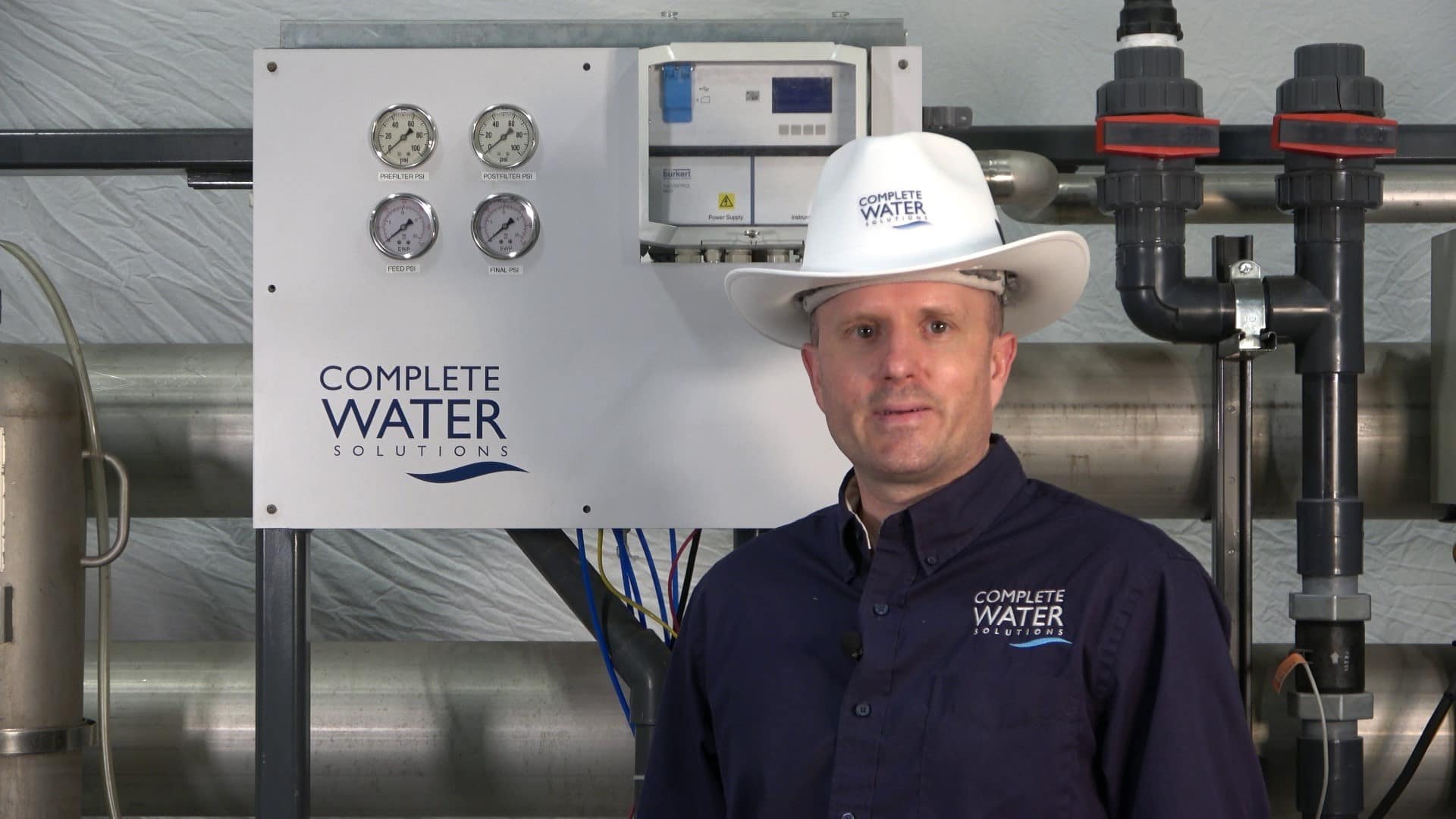
With over 30 years of hands-on experience in the water treatment industry, Nathan Olszak is a trusted water treatment expert. He specializes in designing, engineering, and servicing water treatment systems. As the owner of Complete Water Solutions, Osmonics, and Membrane Cleaning Pro, Nathan has built a reputation for delivering customized water treatment solutions that enhance efficiency, reliability, and water quality across various industries, including the medical, commercial, and manufacturing sectors.
Nathan’s journey in water treatment began as a service technician. He gained in-depth knowledge by working with all major brands of equipment, including Veolia, Suez, Bruner, Culligan, Pentair, Aquamatic, Osmonics, GE Water, Marlo, Lakeside, Fleck, Autotrol, US Filter, ION Pure, Siemens, Evoqua, and many others. This hands-on expertise, combined with his technical certifications, has made him a leader in water system engineering and water management.
Credentials & Expertise
- Certifications: David H. Paul Reverse Osmosis Certification, PLC Programming
- License: Power Plant Operating Engineer 3rd Class
- Specialties:
- Design & engineering of water treatment systems and advanced water systems
- Custom water filtration systems and solutions
- Installation, automation, and repair of water treatment systems
- Expertise in Reverse Osmosis (RO), Deionization, Water Softening, Carbon Filtration, Iron Filtration, UV Treatment, Ultrafiltration (UF), Process Filtration, CEDI/EDI, and more
- Specialized knowledge in Boiler Feed Water, Tower Makeup Water, and drinking water production for industries such as bottling, pharmaceuticals, and food processing
- Project management and reclaiming of water system waste for other uses
- Evaluation of raw water sources and potential contamination risks
- Industrial water treatment strategies to prevent corrosion and optimize system performance
- Boiler water treatment to enhance energy efficiency and system longevity
Nathan’s commitment to excellence extends beyond equipment sales and service. He works closely with clients to develop tailored water treatment services that optimize performance and meet their operations’ unique demands. His expertise covers methods that mitigate water impurities, ensure fresh water accessibility, and maintain regulatory compliance. It also includes the design of high-efficiency reverse osmosis systems for industrial use.
Nathan focuses on the latest technology in water conditioning, water softeners, filters, and pumps to improve maintenance and efficiency. His experience in laboratory testing and biofilm control ensures the highest industry standards in water treatment processes and water management.
Additionally, his deep understanding of infrastructure and water data analysis provides long-term, cost-effective solutions that promote health and safety. His expertise ensures that businesses receive top-tier, quality water treatment solutions.
For insights into the latest industry trends, innovations, and best practices, explore the Complete Water Solutions Blog, where Nathan shares valuable information on water filtration systems, sustainability, and water solutions engineering.
Give Us A Call (855) 787-4200 or Email info@complete-water.com



